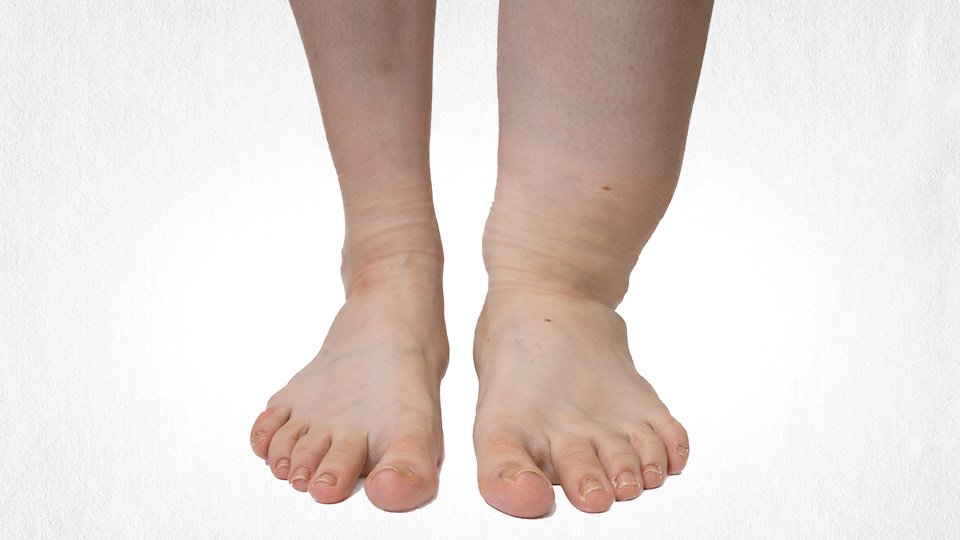A recent health research study has focused on finding strategies to prevent lymphedema in breast cancer survivors. Lymphedema is a condition that occurs when there is an accumulation of fluid in the arms due to damage or removal of the lymph nodes during breast cancer treatment. To improve the lives of millions of breast cancer survivors, researchers have recommended offering compression sleeves, surgery to repair the lymphatic systems, and axillary reverse mapping (ARM) to those at risk of developing breast cancer-related arm lymphedema (BCRAL). The study, published in eClinicalMedicine, brings together global experts who have developed evidence-based interventions to prevent and manage lymphedema.
While it is currently not possible to completely prevent lymphedema, the study analyzed data from over 60,000 patients with BCRAL involved in high-quality randomized-controlled studies to determine the most effective prevention strategies and identify risk factors. The research found that risk factors for developing BCRAL include post-surgery radiotherapy, lack of arm volume monitoring one month after surgery, the number of lymph nodes removed, and a high body mass index.
Breast cancer survivor Monique Bareham emphasizes the importance of effectively managing lymphedema to improve patients’ quality of life. She shares her personal experience of receiving limited and contradictory information about the condition after cancer treatment, leaving her anxious and ill-equipped to handle her symptoms.
The aim of this research is to raise awareness of lymphedema, address gaps in clinical understanding, and provide better care for breast cancer survivors worldwide. Professor Raymond Chan, the study’s co-senior author and Deputy Vice-Chancellor (Research) at Flinders University, highlights that about half of patients with BCRAL develop the condition 12-30 months after surgery, but it can also occur several years later. The study provides evidence-based approaches to prevent BCRLA, taking into account risk factors, treatment options, and healthcare providers’ expertise. The research offers recommendations on surveillance frequency and duration, methods to detect early lymphedema, thresholds for early intervention, and types of treatments based on the severity of the condition.
With this newfound knowledge, healthcare providers can confidently apply these interventions in clinical settings. The publication of this clinical guide is a significant step toward improving the health outcomes of breast cancer survivors. By offering effective interventions and prevention strategies to patients at risk of lymphedema, it is hoped that their quality of life will be enhanced, and the impact of this condition will be minimized.
*Note:
- Source: Coherent Market Insights, Public sources, Desk research
- We have leveraged AI tools to mine information and compile it



